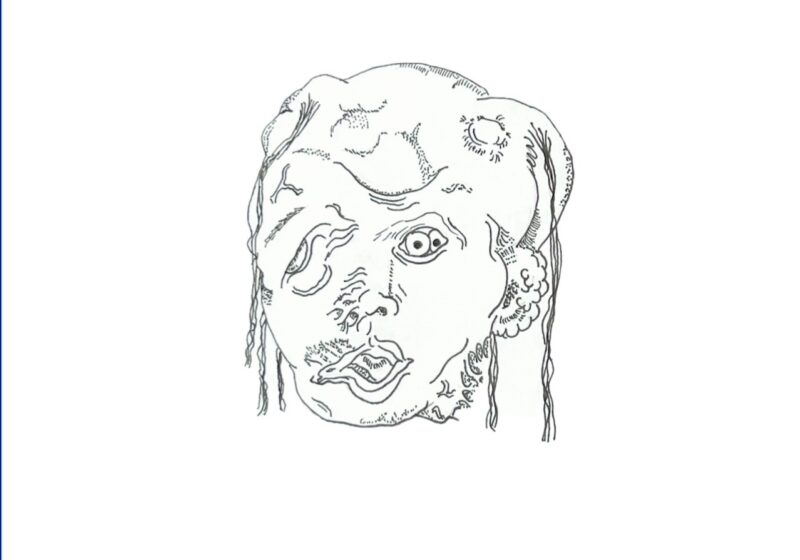Putting the power completely in students’ hands to make the campus ever better with $5,000 or less often produces mixed results.
On one hand, the process has given us a swing set near Sue B., the pads and tampons initiative, and sleeping pods in Gleason. According to organizers, it also repeatedly endures unhelpfully generic suggestions like ”more food,” and joke submissions such as “give a dollar to 5,000 people.”
As the deadline for the 5K challenge rolls around once more this Dec. 12, SA Publicity Chair and junior Svarina Karwanyun wants students to seize the day.
“I don’t think the student body really understands how much power they have to make a change on this campus,” Karwanyun said. “$5,000 is a lot.”
For her, the potency of the 5K challenge lies in its opportunity for collective problem-solving.
“I feel like if we were to sit down with our friend groups, sit down with our community […] we’d come up with much better ideas that would serve a lot more people,” she said.
According to Karwanyun, the ideal 5K challenge winner is a project that is sustainable over time while improving the lives of the greatest number of people.
A chance of winning is not the only incentive for participating in the 5K challenge — several suggestions get taken care of even if the participant does not win. When vetting the submitted proposals, the 5K organizers reach out to various departments to inquire whether certain suggestions are feasible in the budget constraints.
“Many times when departments hear the request, they just do them,” Associate Dean of Students and SA advisor Anne-Marie Algier said.
For instance, shower heads were replaced thanks to a 5K challenge submission.
Students can submit their ideas through an online form on Campus Community Connections, after which their ideas will be vetted. Proposals that survive the vetting will become finalists, and will be voted on in the Spring during SA elections.
In past years, the challenge has received criticism for failing to communicate with finalists and winners after they submit their ideas.
Senior Xueying (Shelley) Chen, who topped the ballot last year with her proposal for massage chairs, was among the dismayed.
“SA did not reach out to me or involve me in the decision-making process,” she said. “I feel like I lost the ownership of my idea when I submitted the proposal.”
This year, SA is striving for greater transparency.
“[S]tudent government is committed […] [to] making sure all the information gets to people,” Algier said.
Finalists of this year’s challenge can expect to receive an update from SA explaining next steps and appropriate methods of publicizing their idea to the student body.
Despite bumps in the road, Chen still feels she made the right decision to participate and encourages others to do the same.
“It feels great to see a simple idea to become a reality,” Chen said.
As Karwanyun pointed out, $5,000 may not change the world, but it can make it a little better.
“If we have that chance, why not take it?”




